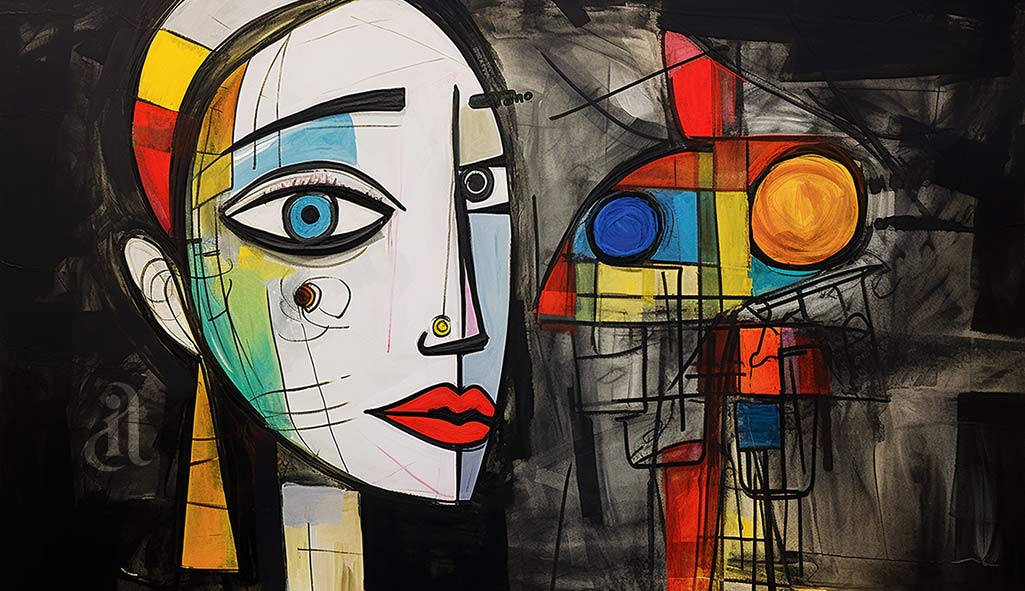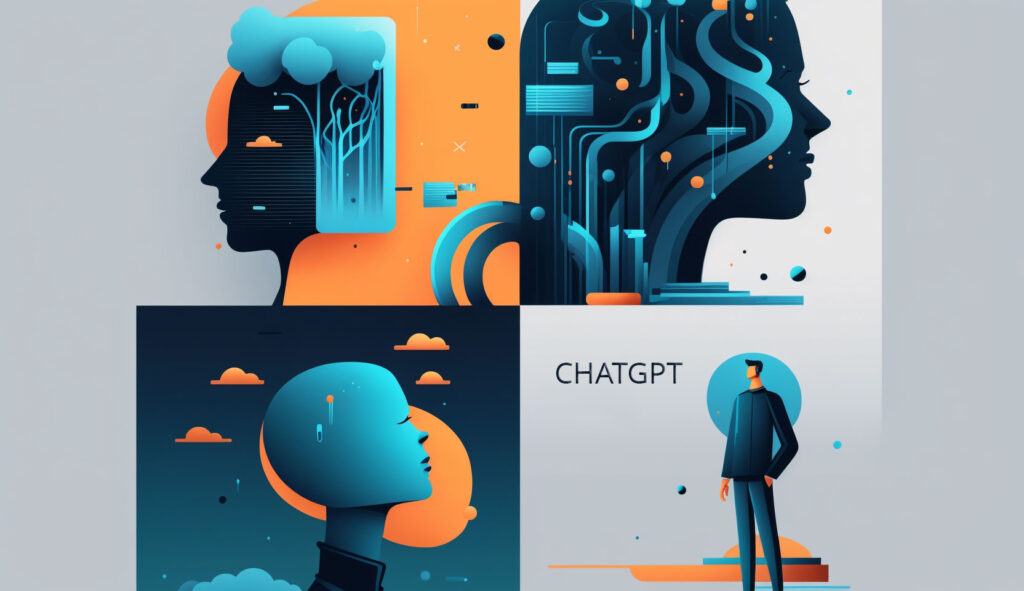In the dynamic world of intellectual property law, the case between Stephen Thaler and Shira Perlmutter, presided over by Judge Beryl A. Howell, stands out as a pivotal moment. This case, which delved into the intricate relationship between artificial intelligence and copyright law, has not only set a precedent but also ignited a debate that will shape the future of AI-generated content and its place in the copyright industry.
A Brief Overview
Stephen Thaler, an AI enthusiast, sought copyright protection for a work autonomously generated by his computer system. Opposing him was Shira Perlmutter, the Register of Copyrights, who believed that the work, devoid of human involvement, didn’t qualify for such protection. The case’s spotlight, however, shone brightly on Judge Beryl A. Howell, whose decision would have far-reaching implications.
The Heart of the Matter
Judge Howell was tasked with answering a foundational question: Can a work created without human intervention be eligible for copyright protection? While Thaler posited that his AI system, as an extension of his creative process, should be recognized as an „author“, Perlmutter and the traditional tenets of copyright law argued for the centrality of human creativity.
The Verdict by Judge Howell
Judge Beryl A. Howell ruled in favor of Perlmutter, asserting that a work generated autonomously by a computer system isn’t eligible for copyright. This decision was anchored in the belief that copyright law’s primary intent was to incentivize human creativity, not to safeguard the outputs of machines.
Future Implications for the Copyright Industry
Judge Howell’s decision, while clear, has sparked discussions about the future of the copyright industry. As AI becomes more sophisticated and integral to content creation, this ruling could lead to a plethora of copyright issues. Artists and creators who incorporate AI into their work might find themselves navigating a complicated legal landscape, unsure of what protections they’re entitled to.
Moreover, as AI systems become more advanced, distinguishing between human-led and AI-led creations might become increasingly challenging. This could lead to potential disputes, complicating the copyright process for artists who use AI as a tool in their creative endeavors.
In Conclusion
The Stephen Thaler v. Shira Perlmutter case, under the discerning eye of Judge Beryl A. Howell, has set a precedent in the realm of AI and copyright law. However, it has also raised questions about the future, especially as AI continues to blur the lines between machine and human creativity. As technology advances, the legal world must evolve in tandem, ensuring that artists, creators, and innovators are adequately protected and guided.


